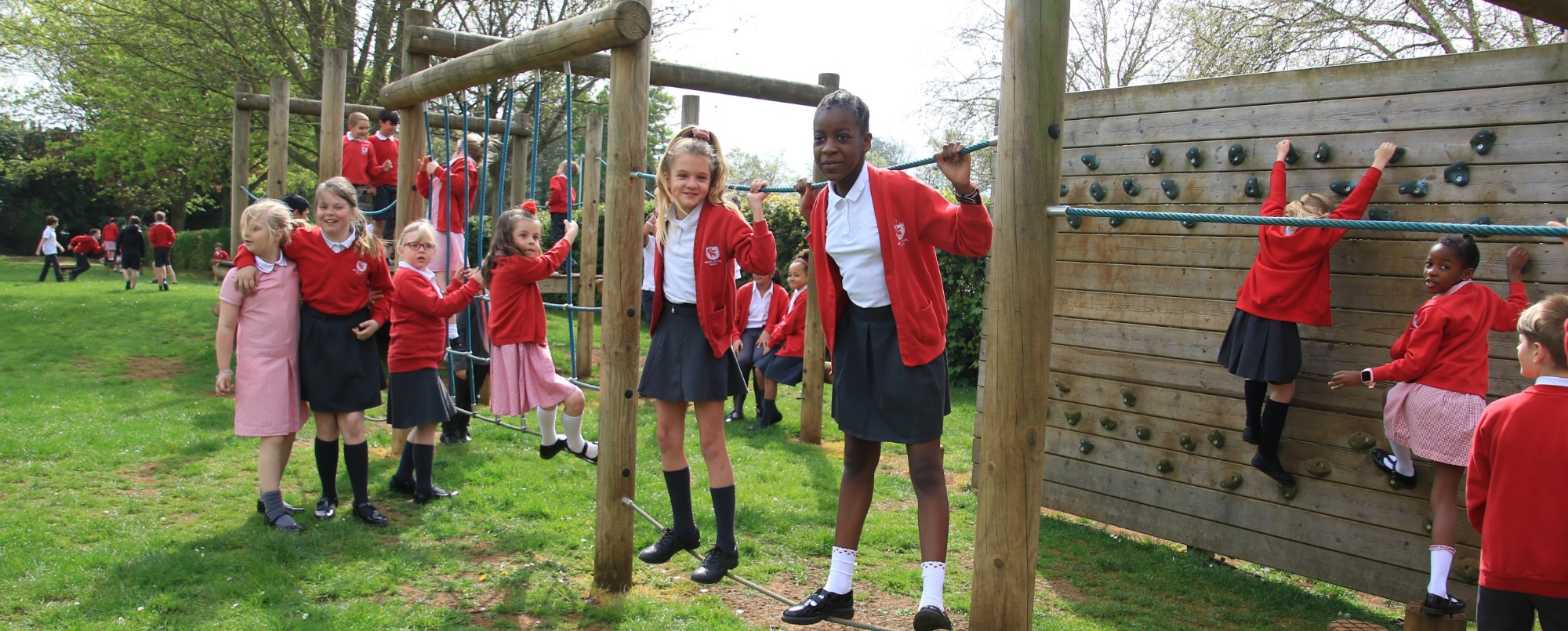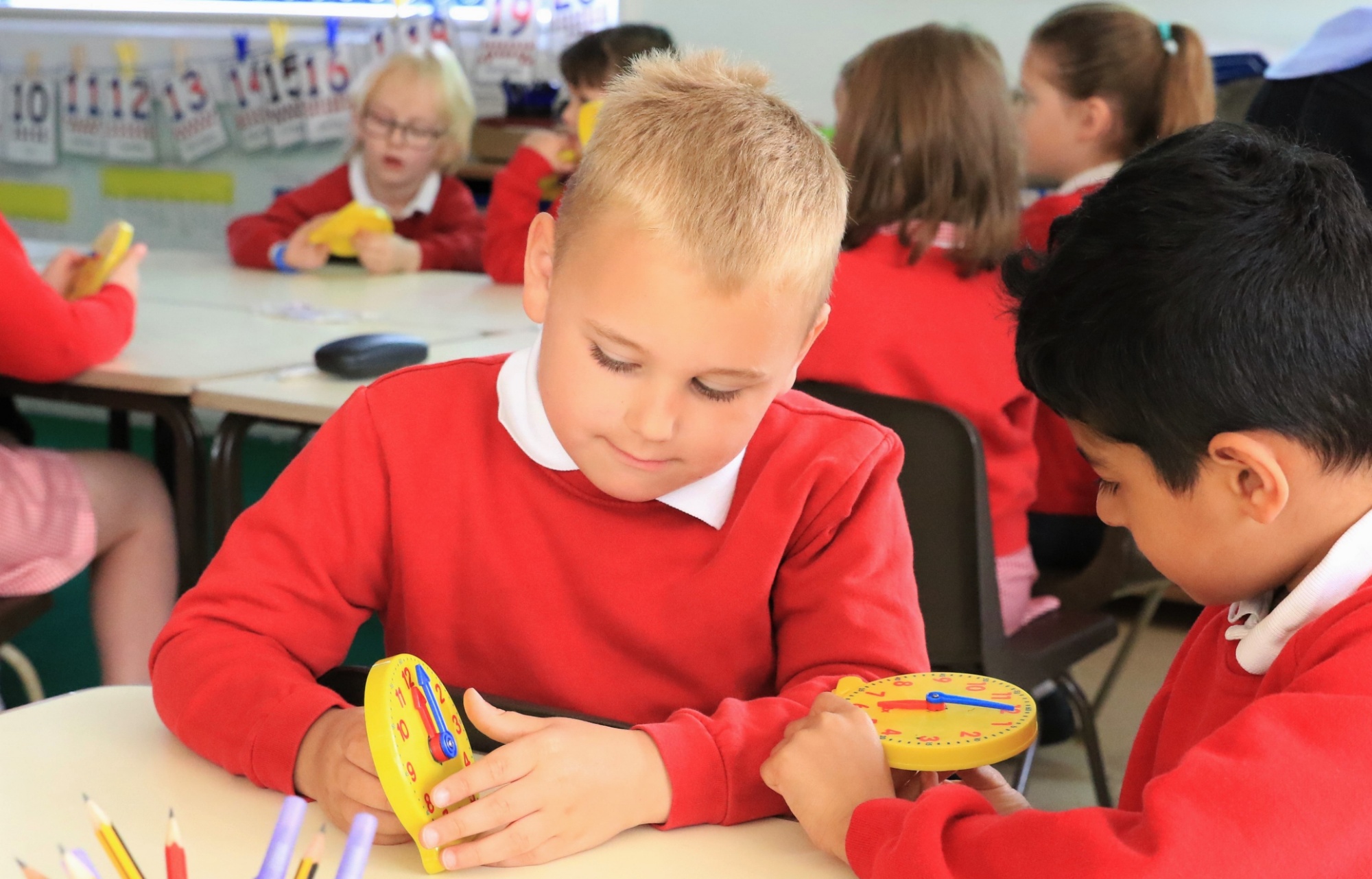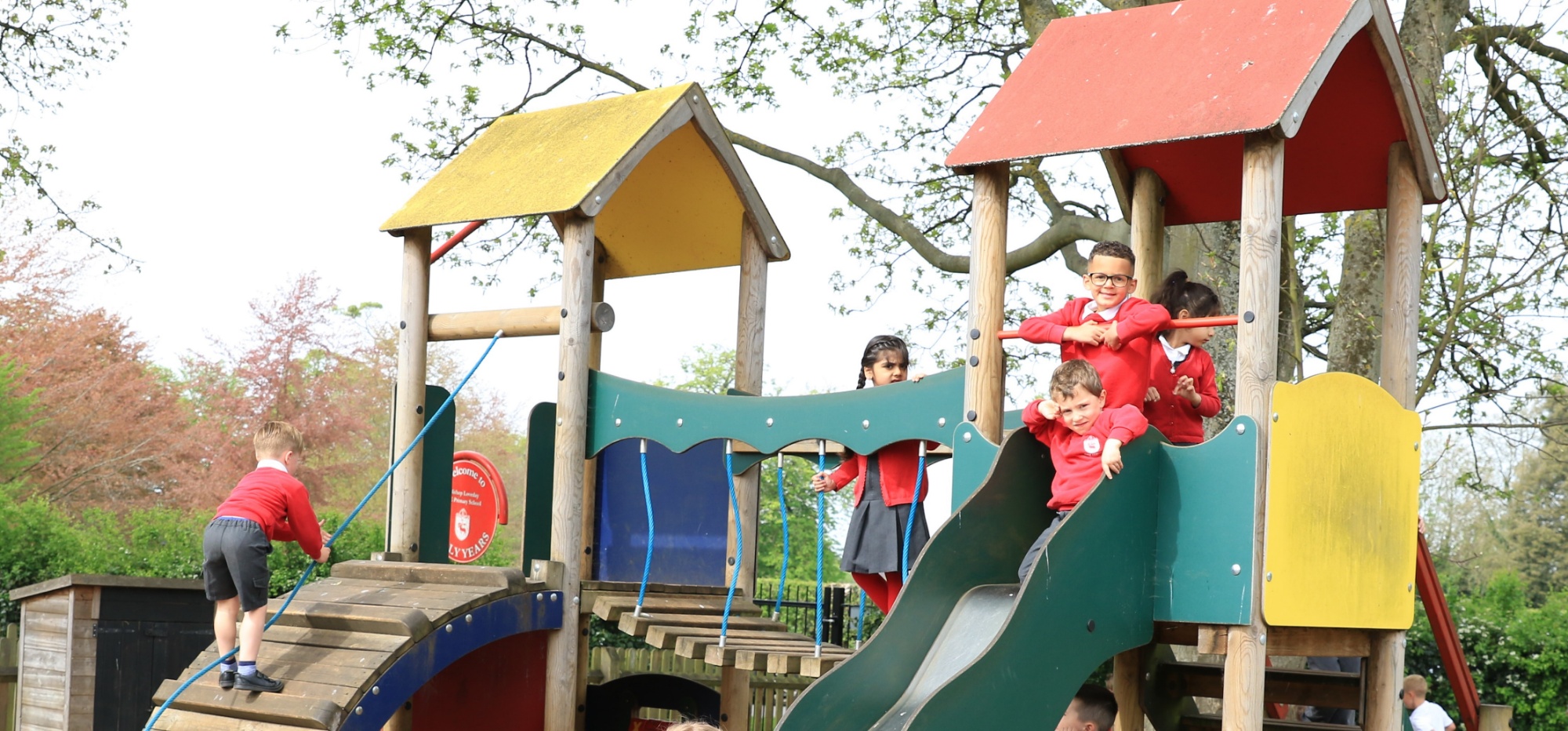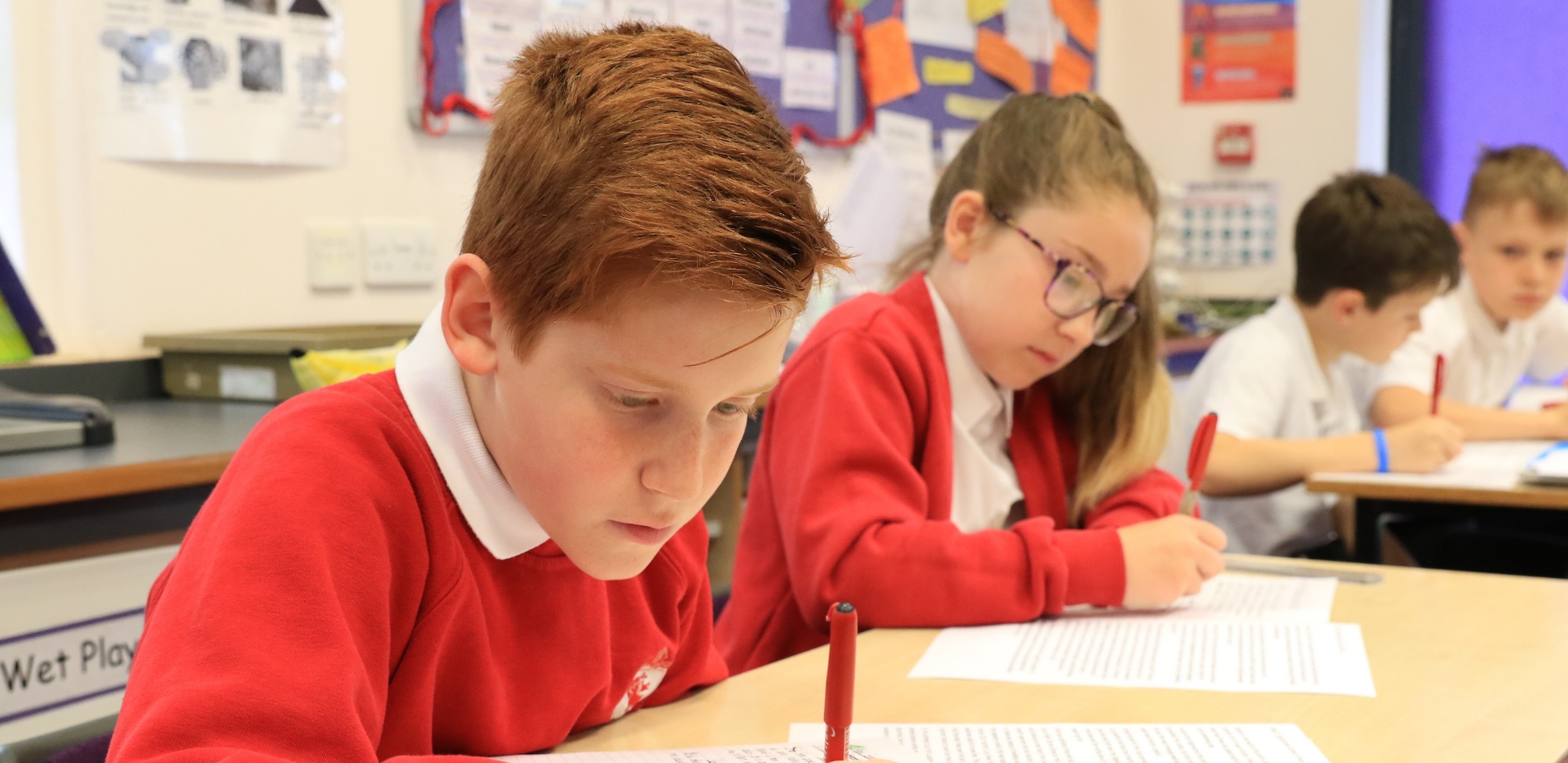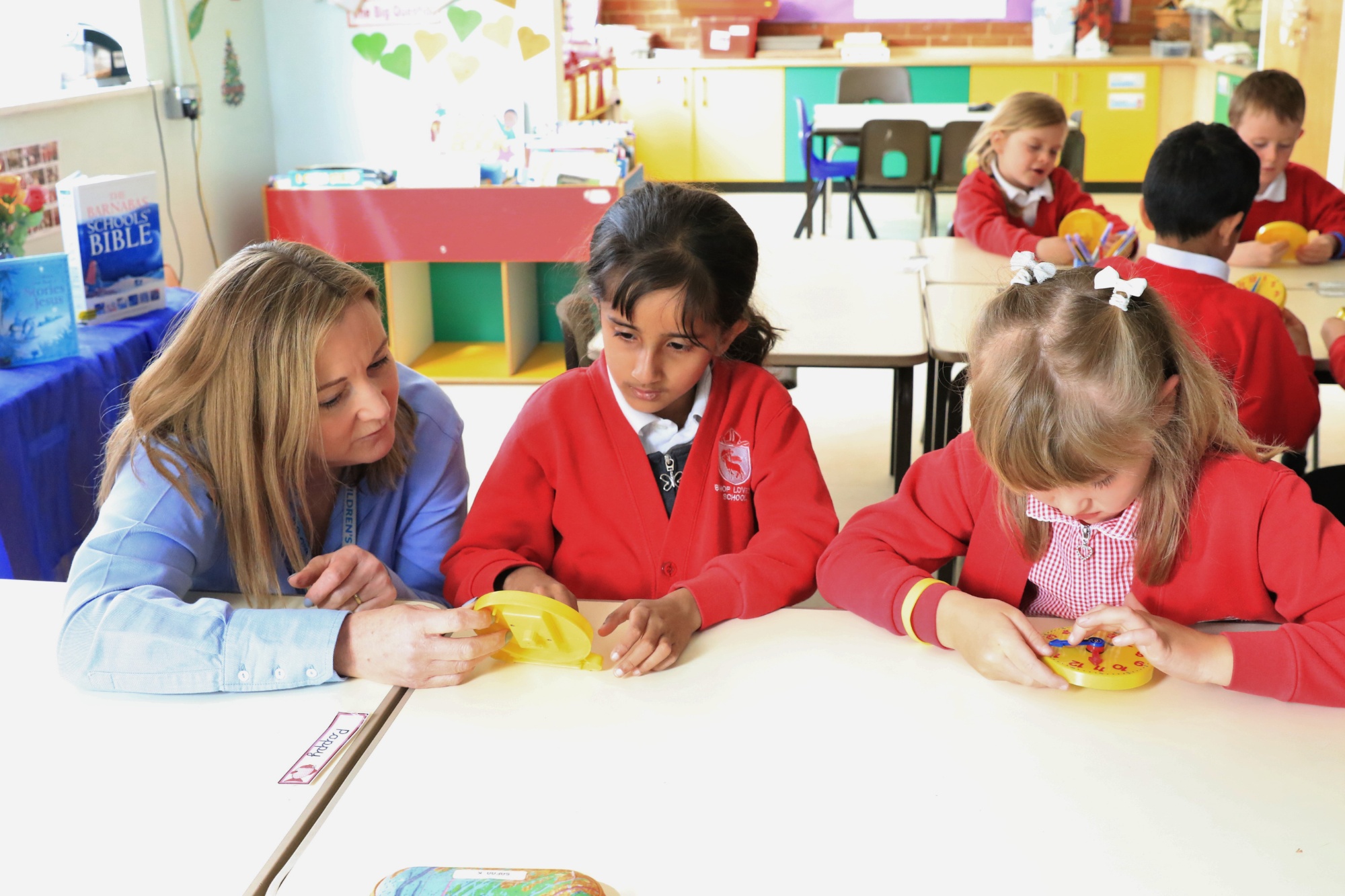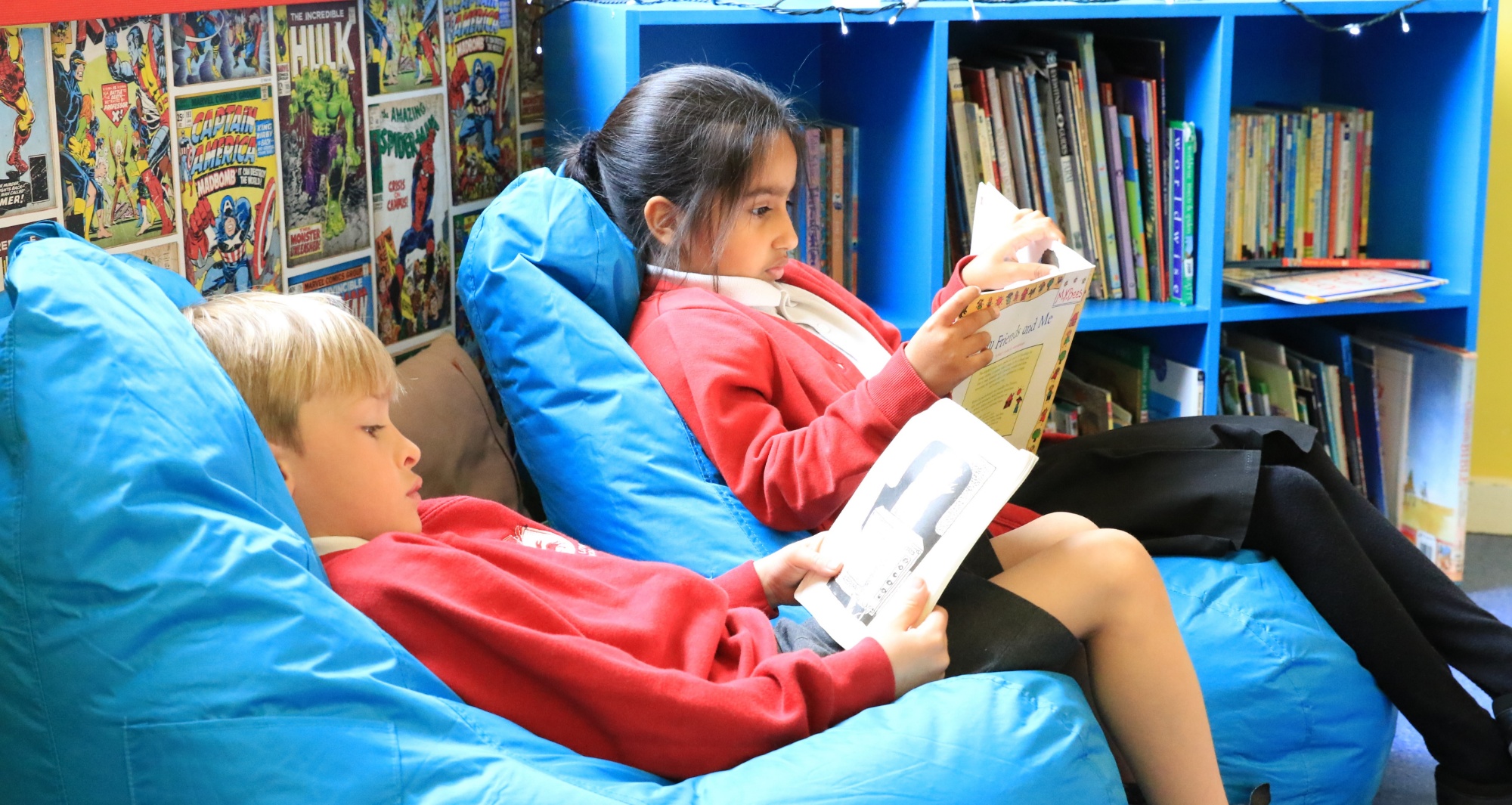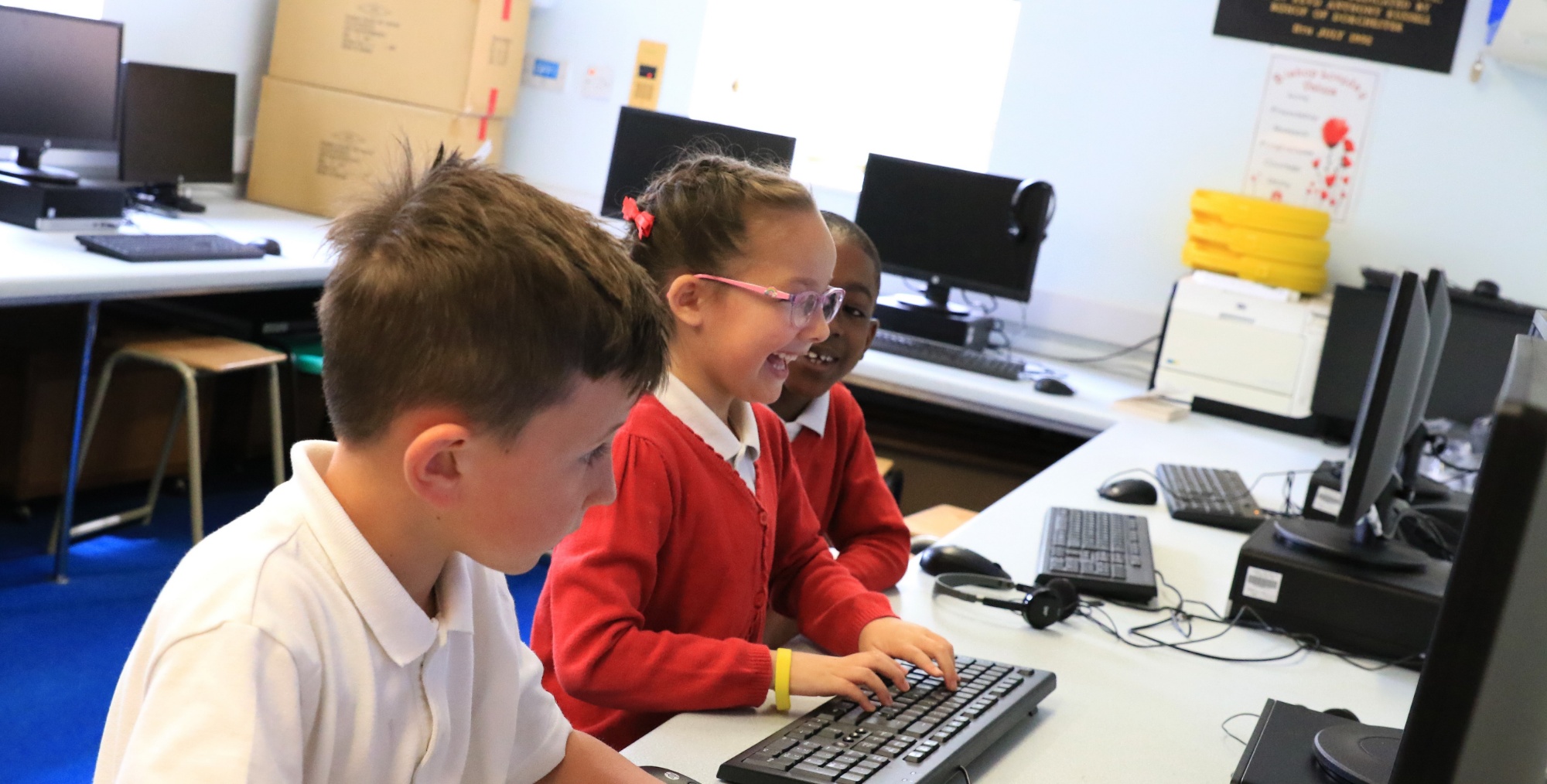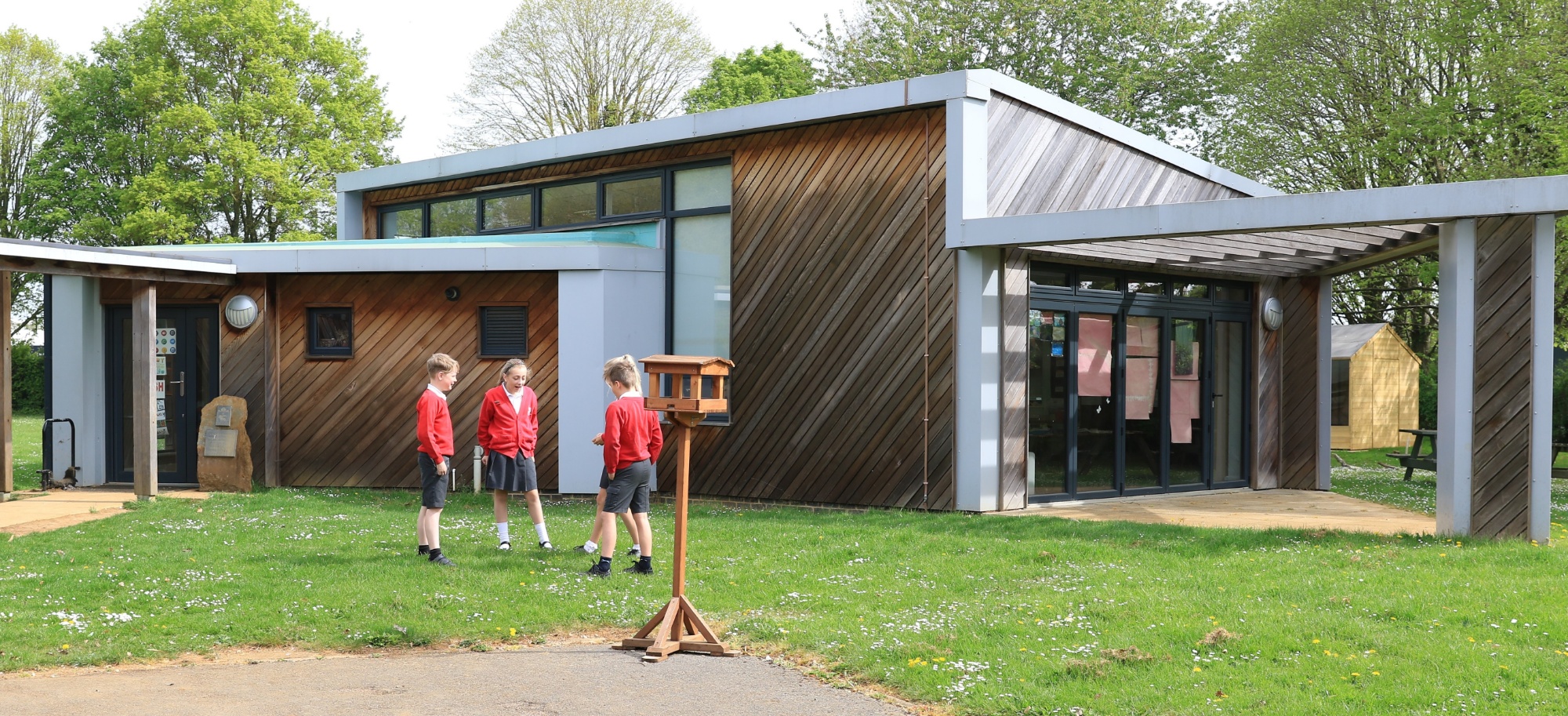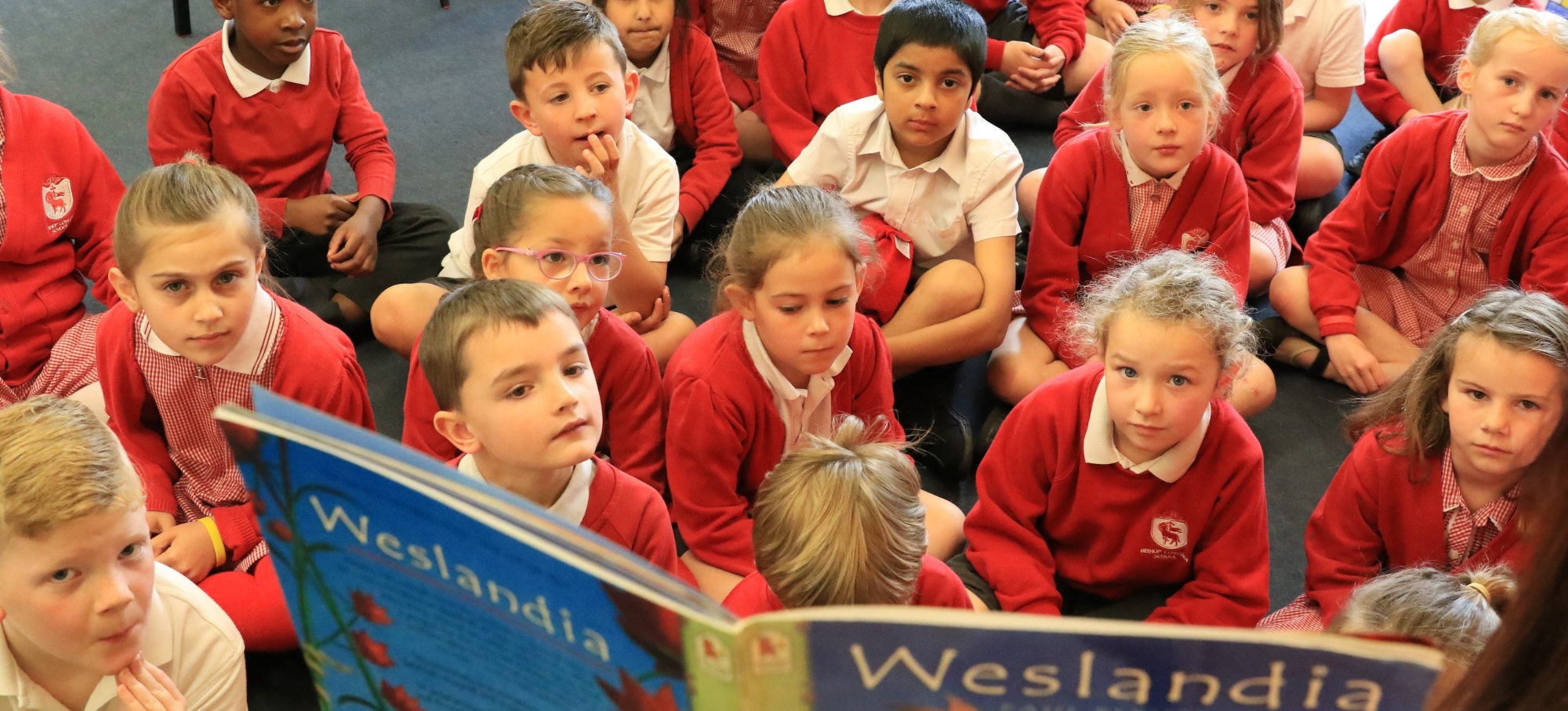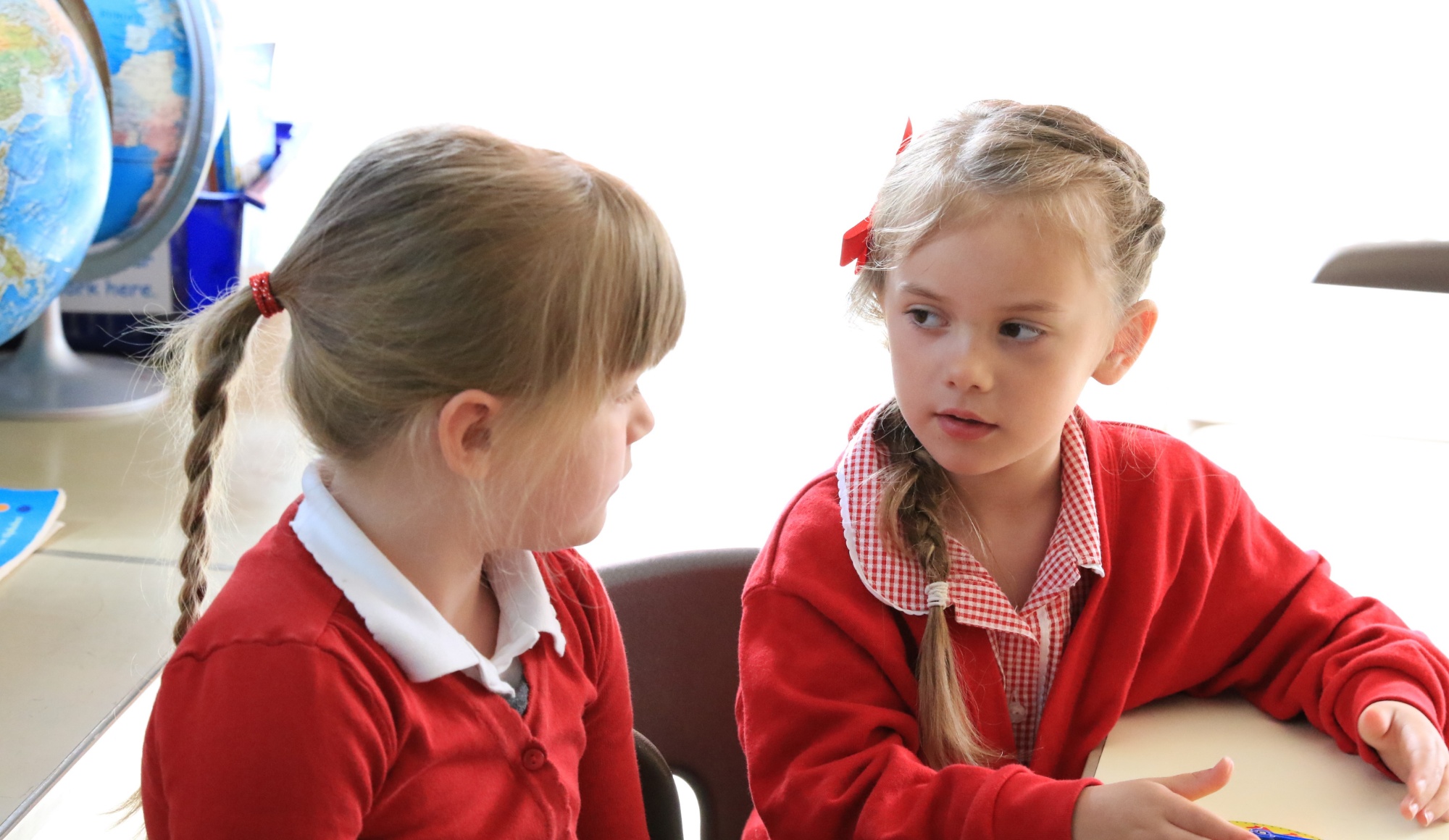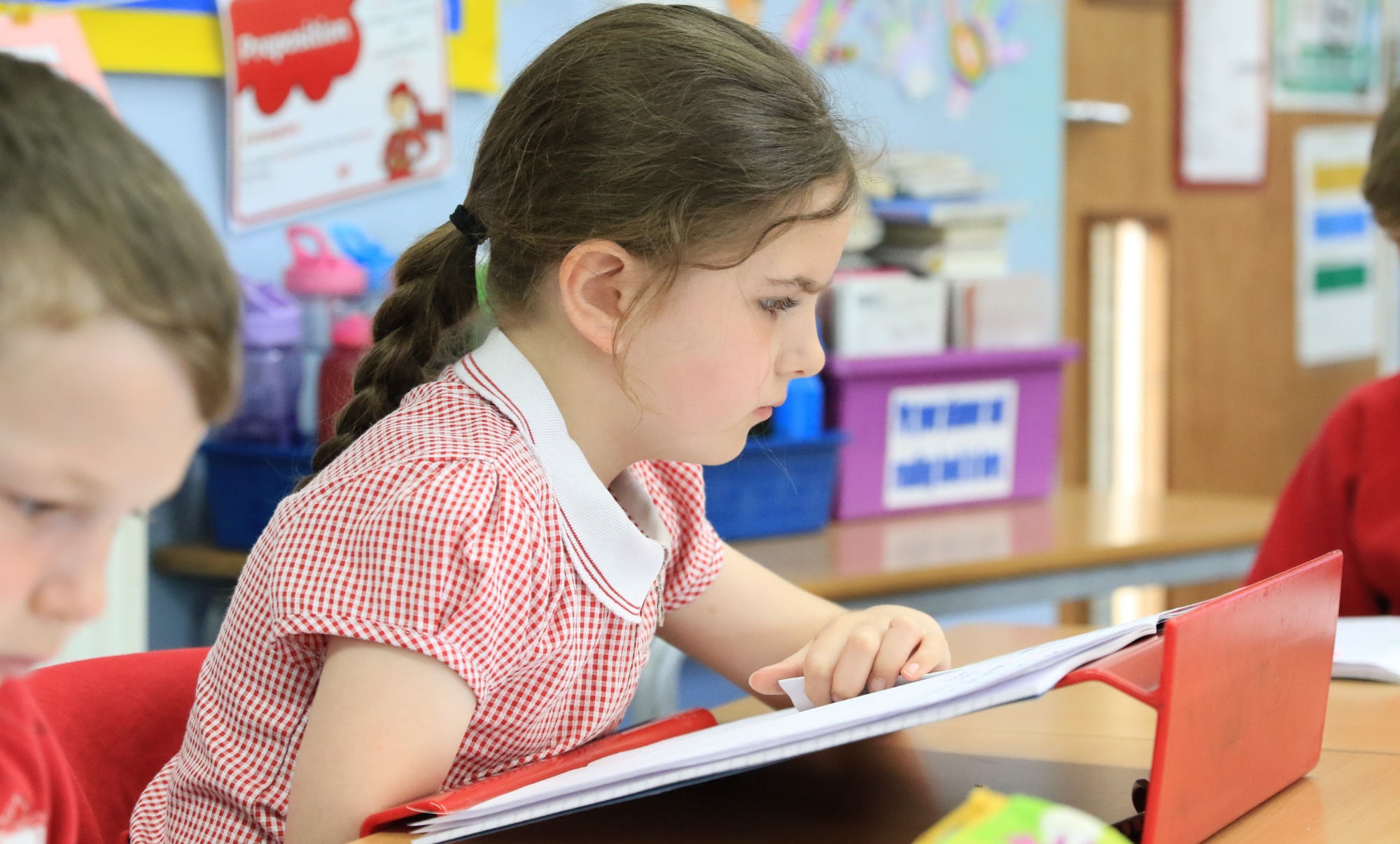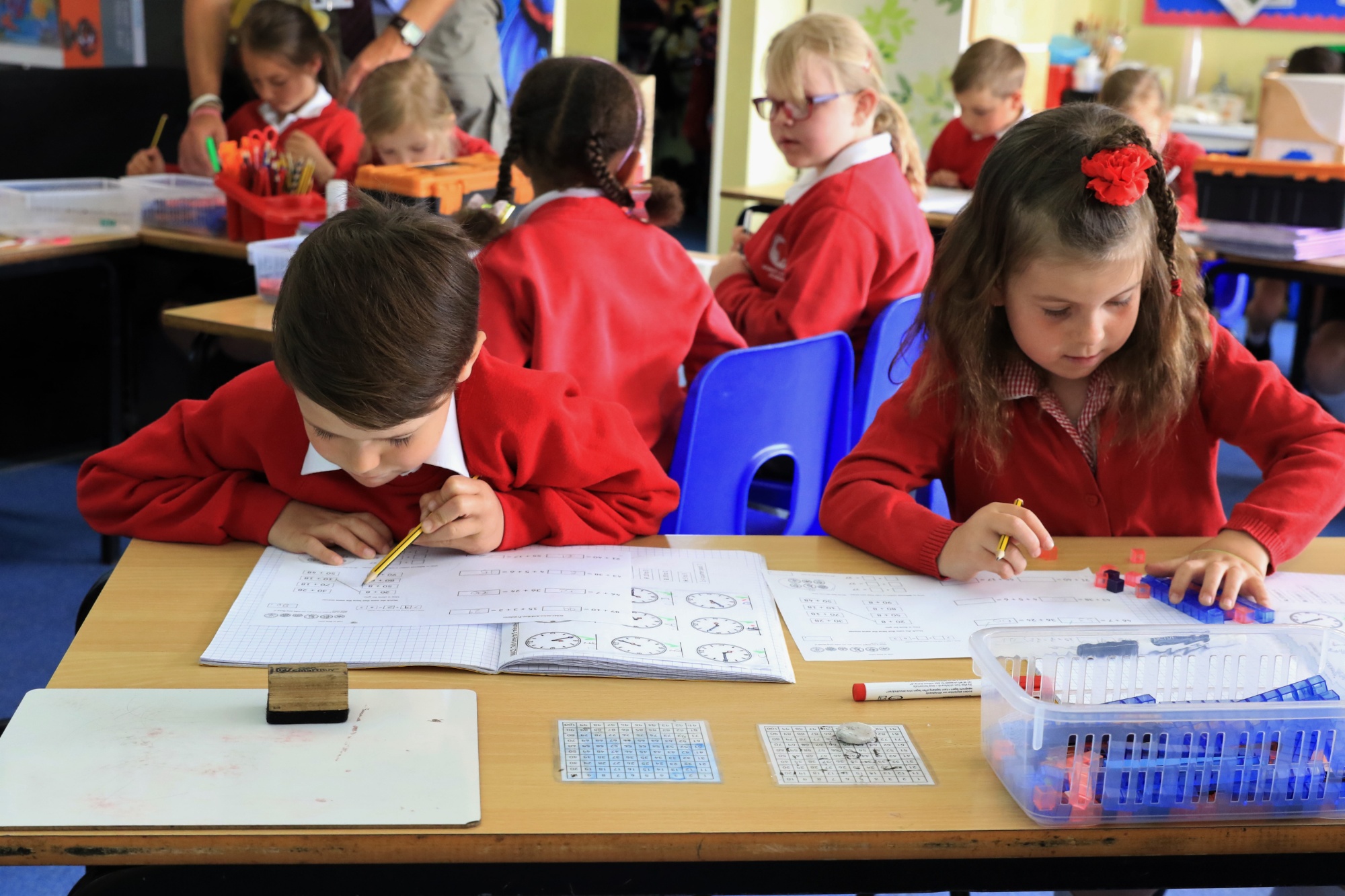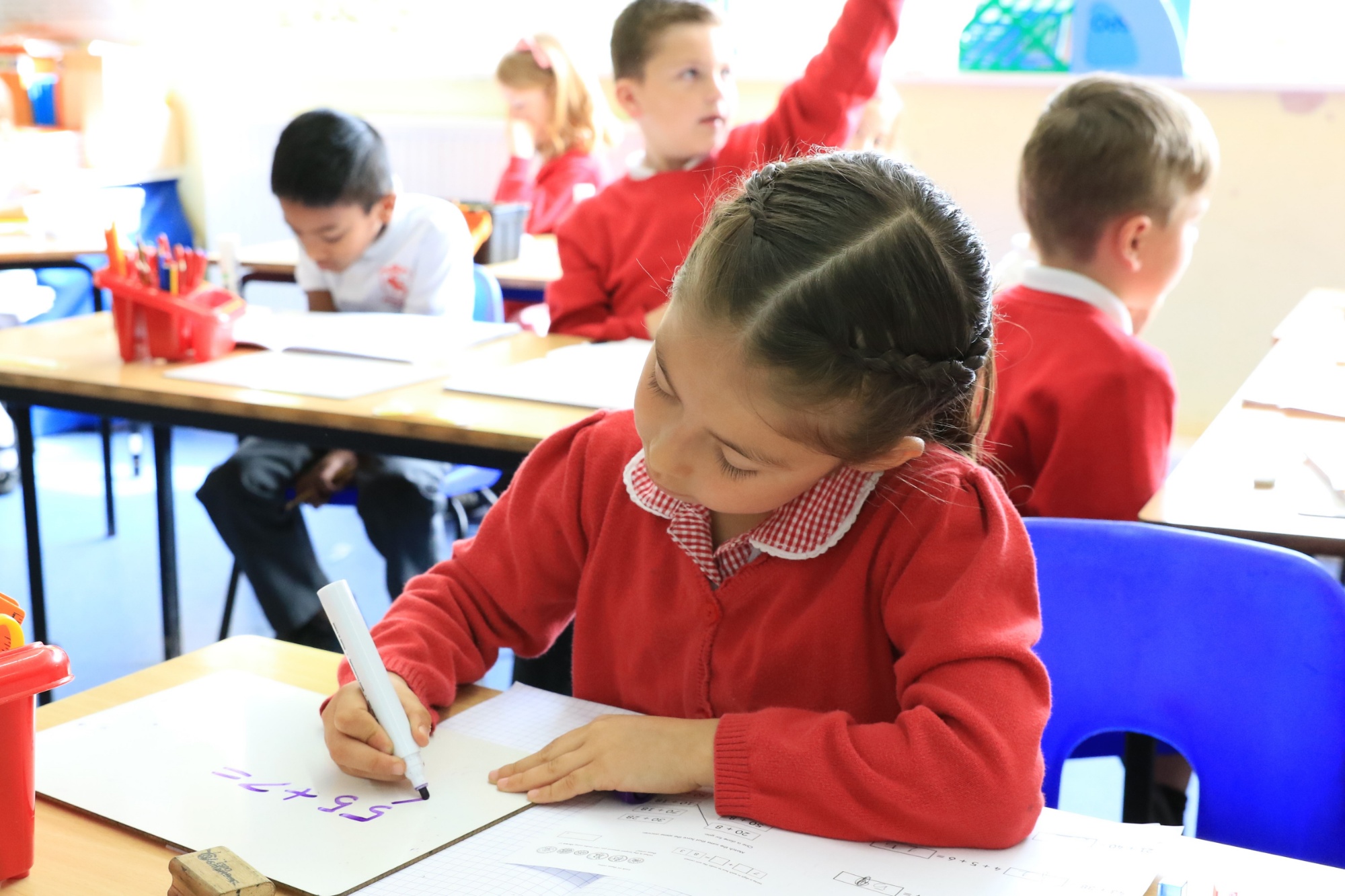Courageous Advocacy - Let's be the change!
A courageous advocate is someone who champions a cause which is special and meaningful to them.
At Bishop Loveday CE Primary School, we have a strong emphasis on encouraging our pupils to become courageous advocates, not just locally, but nationally and globally.
At some point in life we will all face challenges and need support to help us overcome these barriers, to achieve 'life in all its fullness' (John 10:10). We teach our children that it is important to help others when we can, no matter who they are, where they come from or what challenges they may face. We teach this through the teachings of the bible and learning about other courageous advocates.
To emphasise the importance of being a courageous advocate, our House Teams are named after six courageous advocates.

These were voted for by our children after hearing about a number of different courageous advocates. Our Christian values, and carefully planned opportunities in our curriculum, ensure that the children develop skills in order to challenge injustice and to engage in activities that can bring about change.
In recent years, we have carried out a range of different fundraising to support many good causes, some of which include:
- Children in Need
- Katharine House Hospice
- Ukraine Appeal
- Comic Relief
Our Courageous Advocate Team:
Our courageous advocates work together to drive change. Within our team of advocates, children from across the school take the roles of: house/vice captions, Sports Ambassadors, play leaders, Arts ambassadors, Kindness Ambassadors, reading champions, climate ambassadors, STEM ambassadors, worship ambassadors and EYFS Leaders.
Each group is led by members of staff across the school, who support the children to understand how their role fits within the bigger picture. For example, our reading champions ensure that all children have access to and opportunities to read high quality books and our climate ambassadors have pledged to work towards a more sustainable future for our school, our local community and the wider world.
Together, we consider the beauty and fragility of our environment, the actions we take, and the impact these actions may have on the wellbeing of everyone. Our school community and curriculum actively embraces a responsibility for the world in which we live. We are diligent to show our connection, and care for, the world in which we live and care for the people who live in it.


